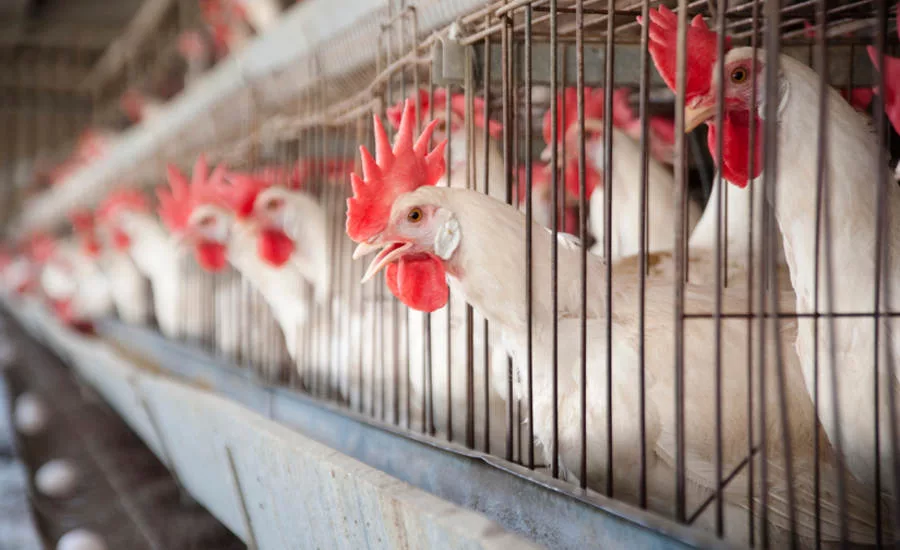Scientists Uncover How Harmless E. coli Causes Infections

Research scientists have discovered how harmless Escherichia coli gut bacteria in chickens can mutate—picking up the genes necessary to evolve, and thus causing infections in poultry and humans.
The most common infection in chickens being raised for meat or eggs is colibacillosis, which is caused by avian pathogenic E. coli. In 20 percent of cases, it can be fatal. The report sayst that other problems can include an increase in antibiotic resistance, and running the risk of human infections.
The report was published in the journal Nature Communications. Scientists looked at whole genomes of 568 E. coli bacteria found in healthy and infected chickens, which were bred at commercial poultry farms, to figure out why and how the harmless bacteria can turn pathogenic.
Their findings said that there was no single reason, or gene, responsible for the switch, but it could be caused by different combinations of many gene groups.
Through a process called horizontal gene transfer, all bacteria in chickens have the potential to obtain the genes needed to turn infectious.
Click here to read the full report.
Looking for quick answers on food safety topics?
Try Ask FSM, our new smart AI search tool.
Ask FSM →







